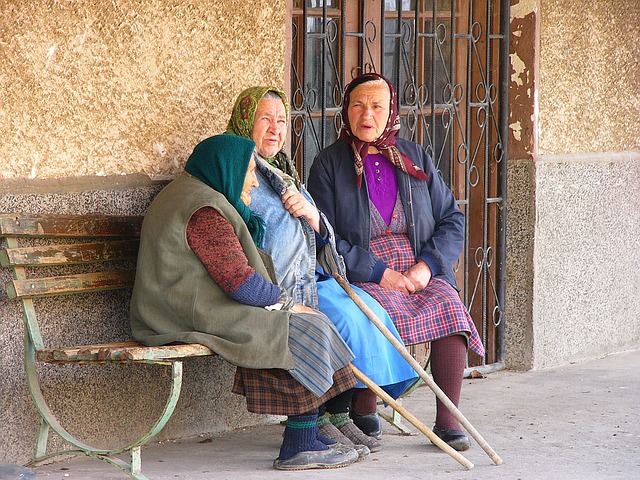4 Facts About Hunger in Bulgaria
 The Republic of Bulgaria is a Southeast European country of 6.4 million people. The World Bank classifies the country as an upper-middle income nation that has been transformed to an open market-based economy from its previous planned and highly centralized economy.
The Republic of Bulgaria is a Southeast European country of 6.4 million people. The World Bank classifies the country as an upper-middle income nation that has been transformed to an open market-based economy from its previous planned and highly centralized economy.
4 Facts About Hunger in Bulgaria
- Hunger in Bulgaria is Low: According to the 2023 Global Hunger Index, Bulgaria is 23 out of the 125 countries ranked. The GHI measures undernourishment, child wasting, child stunting and child mortality and Bulgaria’s score of 5.4 categorized its hunger level as low.
- SDG Progress: Although Bulgaria’s GHI ranking of hunger is low, the country is nevertheless seen as progressing slowly overall in achieving the U.N.’s Sustainable Development Goal 2, Zero Hunger. While the country has achieved the target for undernourishment and prevalence of stunting in children under 5 years old, significant challenges are seen to be remaining for several indicators, including the prevalence of obesity.
- Limited Progress on Nutrition Targets: The 2022 Global Nutrition Report noted insufficient data to assess Bulgaria on all global nutrition targets for maternal, infant and young child nutrition. For those targets for which there was adequate data, Bulgaria was found to be “on course” in preventing the increase of only one measure—the prevalence of overweight children under 5 years old, which was 6.9%. There was also “some progress” on childhood stunting, which was at 7%. The country was “off course” for seven metrics and had no data on two. Low birth weight (9.6%) and anemia of women of reproductive age (23.6%) were classified as having seen no progress or worsening. The report calls these outcomes the “burden of malnutrition.”
- Legislation: In 2020, during the COVID-19 pandemic, Bulgaria passed the Bulgarian Foodstuff Act. The law regulated online and distance food sales, required registration of food supplements and food for athletes, gave the Ministry of Health control over the placement of infant formulas, follow-on formulas and foods containing additional minerals and vitamins, and addressed packaging waste. Since the preferred sale of food by small independent organic farms is via online food platforms, this was seen as a means to achieve “sustainable greening” of the local food industry.” The National Program for the Prevention and Reduction of Food Losses 2021-2026, among other intended outcomes, includes reducing food waste and loss, which is seen as contributing to food security and sustainable food production and consumption.
The World Bank notes that although Bulgaria has been in the EU since 2007, it has not yet reached the average EU GDP per capita and is the EU’s poorest member state. Reforms and policies to address income and opportunity inequalities, as well as several other variables are seen as critical to achieving full convergence with EU levels.
– Staff Reports
Photo: Flickr
Updated: August 21, 2024
